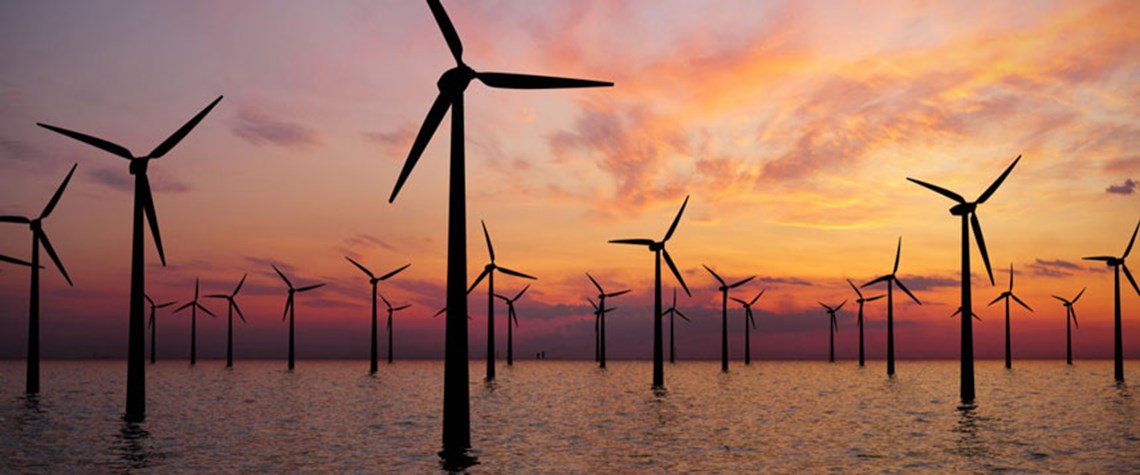Energy crisis will not derail transition – DNV
Falling cost of renewables and rising carbon prices will outweigh short-term turbulence, risk management firm says in new forecast
Current volatility in global energy markets will have a minimal impact on the pace of the energy transition to 2050 as rising long-term carbon prices and plunging renewables costs outweigh short-term factors such as inflation and supply-chain disruptions, according to risk management company DNV. “The turbulence in the energy market does not dramatically alter the decarbonisation pathway towards mid-century,” says Remi Eriksen, CEO of DNV. “The strongest engine of the global energy transition is the rapidly reducing costs of solar and wind energy, which will outweigh the present short-term shocks to the energy system.” However, the world is heading for 2.2°C warming by the end of the century

Also in this section
22 July 2025
Sinopec hosts launch of global sharing platform as Beijing looks to draw on international investors and expertise
22 July 2025
Africa’s most populous nation puts cap-and-trade and voluntary markets at the centre of its emerging strategy to achieve net zero by 2060
17 July 2025
Oil and gas companies will face penalties if they fail to reach the EU’s binding CO₂ injection targets for 2030, but they could also risk building underused and unprofitable CCS infrastructure
9 July 2025
Latin American country plans a cap-and-trade system and supports the scale-up of CCS as it prepares to host COP30








